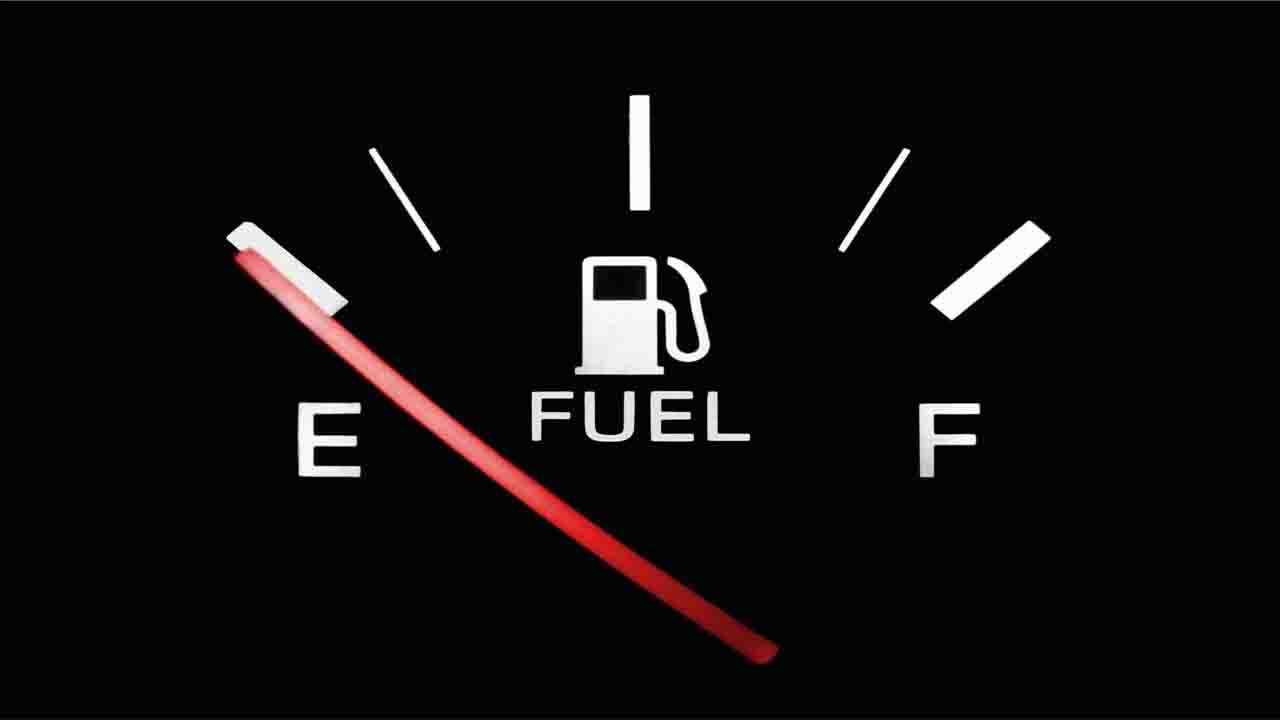Australia has recently unveiled plans to institute mandatory fuel efficiency standards, aligning itself with established regulations in other advanced economies. The move, announced by Climate Change Minister Chris Bowen, aims to phase out high-polluting vehicles and comes after years of deliberation and debate on the policy. Bowen emphasized the necessity of the “New Vehicle Efficiency Standard,” slated for introduction by 2025, highlighting that Australia has lagged behind other advanced economies, such as the United States, which has had a similar policy in place for five decades.
The absence of mandatory fuel efficiency standards for new vehicles in Australia has been a long-standing issue, resulting in financial burdens for both families and businesses due to increased fuel consumption. According to a 2022 study by the Australia Institute think tank, the lack of efficiency standards has cost the country billions of dollars in fuel expenses, making vehicles 30 percent more polluting than their counterparts in the United States.
Advocates of the new policy have pointed fingers at climate-sceptic governments, as well as the influence of oil refiners and car dealerships, for obstructing previous attempts at reforms. Amanda McKenzie, the chief executive of the Australian environmental lobby group the Climate Council, stressed the positive impact of a strong fuel efficiency standard, stating that it would provide Australians with a wider selection of cleaner and more cost-effective vehicles, ultimately reducing household costs and improving air quality.
In addition to enhancing the efficiency of petrol vehicles, proponents of the new standard are hopeful that it will stimulate the sluggish sales of electric vehicles (EVs) in the country. Despite being one of the world’s largest producers and exporters of gas and coal, key contributors to global heating, Australia has lagged behind in adopting electric vehicles. In 2022, only 33,000 electric vehicles were sold in the country, a stark contrast to the 73,000 sold in the Netherlands, which has a significantly smaller population.
The availability of electric car charging infrastructure has also been a limiting factor in Australia, with only a few thousand charging points nationwide compared to the more extensive networks in the United States and Europe. The implementation of fuel efficiency standards is expected to encourage a shift towards cleaner alternatives, including electric vehicles, in line with global efforts to combat climate change.
However, not everyone supports these reforms. Opponents argue that the new standards could impede Australians’ ability to purchase large 4x4s or “Utes,” essential vehicles for farming activities in the rugged Outback. Concerns have been raised about the potential impact on the traditional way of life in rural areas, emphasizing the need for a balanced approach that considers the diverse needs of the population.
Australia’s current government, led by the center-left, has committed to reducing carbon emissions by 43 percent before 2030, compared to 2005 levels. This ambitious goal aligns with broader international efforts to address climate change and transition towards more sustainable practices. The introduction of mandatory fuel efficiency standards represents a crucial step in achieving these targets, fostering a cleaner and more environmentally conscious automotive landscape in Australia.
In conclusion, Australia’s decision to implement mandatory fuel efficiency standards reflects a significant policy shift aimed at curbing pollution and reducing the environmental impact of the automotive industry. While the move has garnered support from environmental advocates, concerns have been raised about its potential impact on certain vehicle categories and rural lifestyles. As the nation works towards meeting ambitious carbon reduction targets, the adoption of these standards is a pivotal moment in shaping a more sustainable and environmentally friendly future for Australia’s transportation sector.








